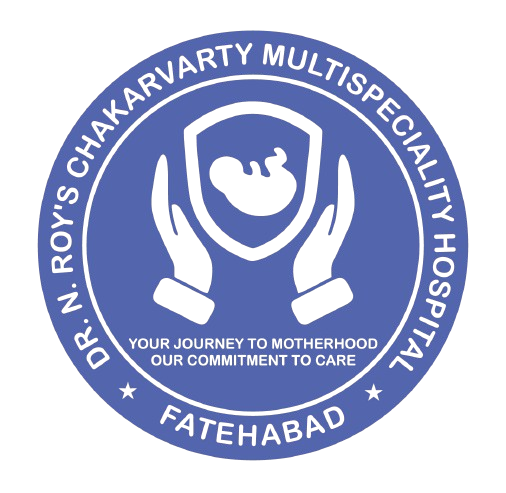High-Risk Pregnancy Management

High-risk pregnancy management involves specialized care and monitoring for pregnancies with an increased risk of complications. Identifying and addressing these risks early is crucial to ensuring the health and safety of both the mother and the baby. High-risk pregnancies may arise due to maternal health conditions, fetal abnormalities, or other complicating factors.
Assessment and Monitoring
Risk Identification: A thorough assessment is conducted to identify risk factors, including maternal age, pre-existing medical conditions (such as diabetes or hypertension), multiple pregnancies, or previous pregnancy complications. This helps in creating a tailored management plan.
Frequent Monitoring: Regular check-ups and monitoring are essential to track the health of both mother and fetus. This includes ultrasounds to assess fetal growth and development, non-stress tests to evaluate fetal heart rate, and blood tests to monitor maternal health indicators.
Specialized Care
Maternal Health Management: For conditions such as gestational diabetes, preeclampsia, or chronic hypertension, specific treatments and interventions are implemented to manage symptoms and reduce risks. This may involve medication, lifestyle changes, and close supervision.
Fetal Care: If fetal anomalies or growth restrictions are detected, specialized care and potential interventions are planned. This could involve additional imaging, consultations with maternal-fetal medicine specialists, or planning for delivery in a facility equipped to handle high-risk situations.
Delivery Planning
Birth Planning: Delivery plans are carefully crafted to address the unique needs of a high-risk pregnancy. This includes deciding on the mode of delivery (vaginal or cesarean) and preparing for potential emergencies.
Coordination of Care: A multidisciplinary team, including obstetricians, neonatologists, and other specialists, collaborates to ensure that all aspects of care are addressed and that the delivery process is as smooth and safe as possible.
Postnatal Follow-Up
Ongoing Care: Postpartum care focuses on monitoring recovery, managing any ongoing maternal health issues, and ensuring that the newborn is healthy. Follow-up appointments help address any complications and support the transition to parenthood.
Support Services: Providing access to support services, including counseling and educational resources, helps families cope with the challenges of a high-risk pregnancy and adjust to life with a newborn.


